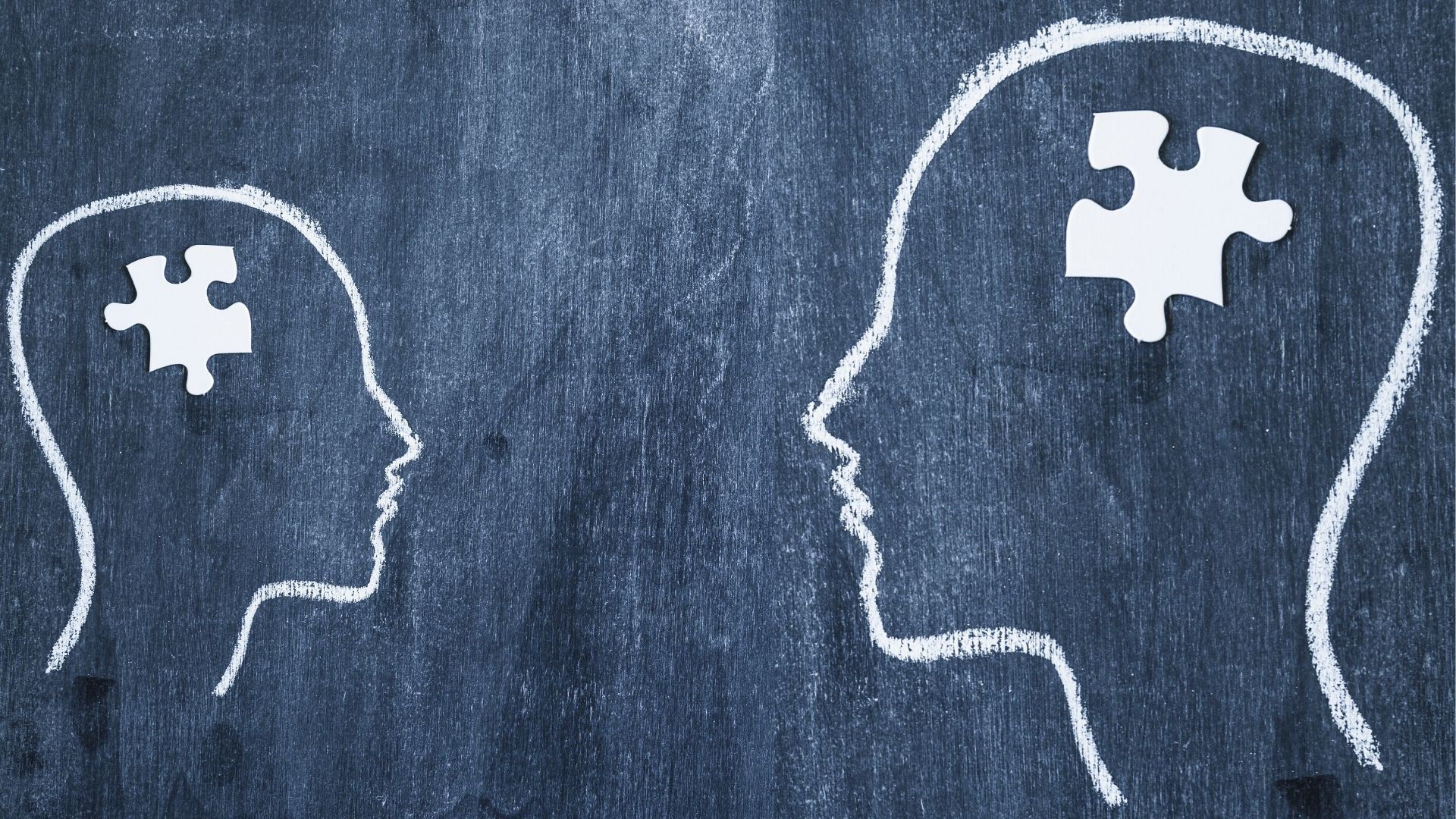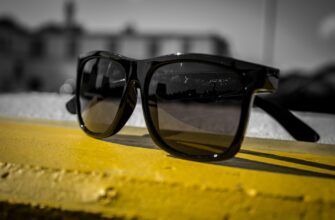
A meta Dunning-Kruger effect
The term “Dunning-Kruger effect” was coined shortly after Dunning and Kruger’s 1999 investigation. Since then, the phrase has been misused innumerable times, either sarcastically or perhaps aptly. Dunning warns against misuse of the phrase even if Dunning-Kruger effects have been found in more scientific investigations than he would have anticipated back in 1999.
Other than not having the abilities or information to evaluate themselves, Dunning added, “there are other reasons why people might overestimate themselves.” Among these, Dunning-Kruger is only one.
According to him, there appear to be two main categories of miscategorization. First, despite the fact that this has occasionally been the case, the impact does not necessarily imply that those who do the poorest rate themselves the highest. As long as they overestimate themselves in a way that seems connected to their lack of knowledge, the lowest achievers may rank themselves the lowest on average and yet match the Dunning-Kruger model.
Second, although it’s frequently thought of that way, the effect was never intended to depict a learning curve in which people who are just starting out in a field are first overconfident about their abilities. Carmen Sanchez, a psychologist who is currently employed at the University of Illinois at Urbana-Champaign, and Dunning looked into the learning curve theory. After conducting six investigations, Dunning and Sanchez found that participants’ confidence developed more quickly than their abilities once they had only a limited amount of experience in a new field, exhibiting a “beginner’s bubble” of confidence. Participants’ confidence, albeit it still didn’t match their real competence, started to decrease and level out until they reached their “bubble.”
Additionally, even when there is proof of the Dunning-Kruger effect in the relevant field of knowledge, it is impossible to declare with absolute certainty that a specific action or a particular person’s overconfidence is attributable to it. Science is designed to inform you of the broad trend, according to Dunning.
Some researchers have questioned the existence of Dunning-Kruger effects altogether. For instance, a recent research presented an experiment that was identical to Dunning and Kruger’s 1999 study, but the authors employed an unique statistical method to assess their data, which was published in the journal Intelligence in April 2020. Their findings imply that a large number of recorded Dunning-Kruger effects are either false or exaggerated.
In a statement to Live Science via email, research co-author Gilles Gignac of the University of Western Australia said, “Previous estimates of the Dunning-Kruger effect revealed that the impact was not only statistically significant, but fairly considerable from a practical standpoint.” According to our research, the Dunning-Kruger effect is most likely a negligible one, if it even exists at all. Even if he might not agree with the results, Dunning noted that this kind of statistical assessment is appropriate.








